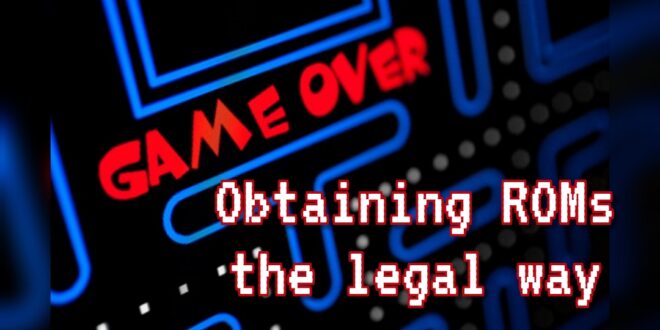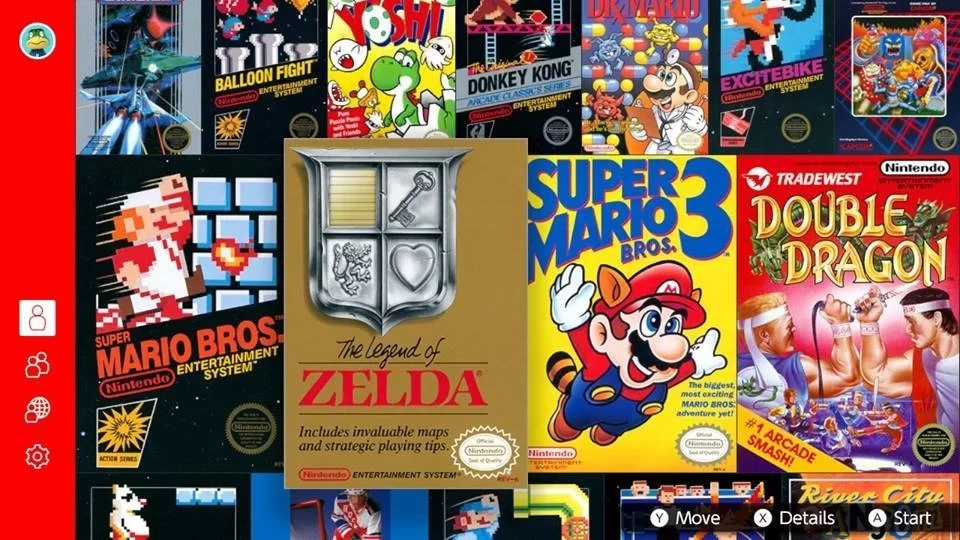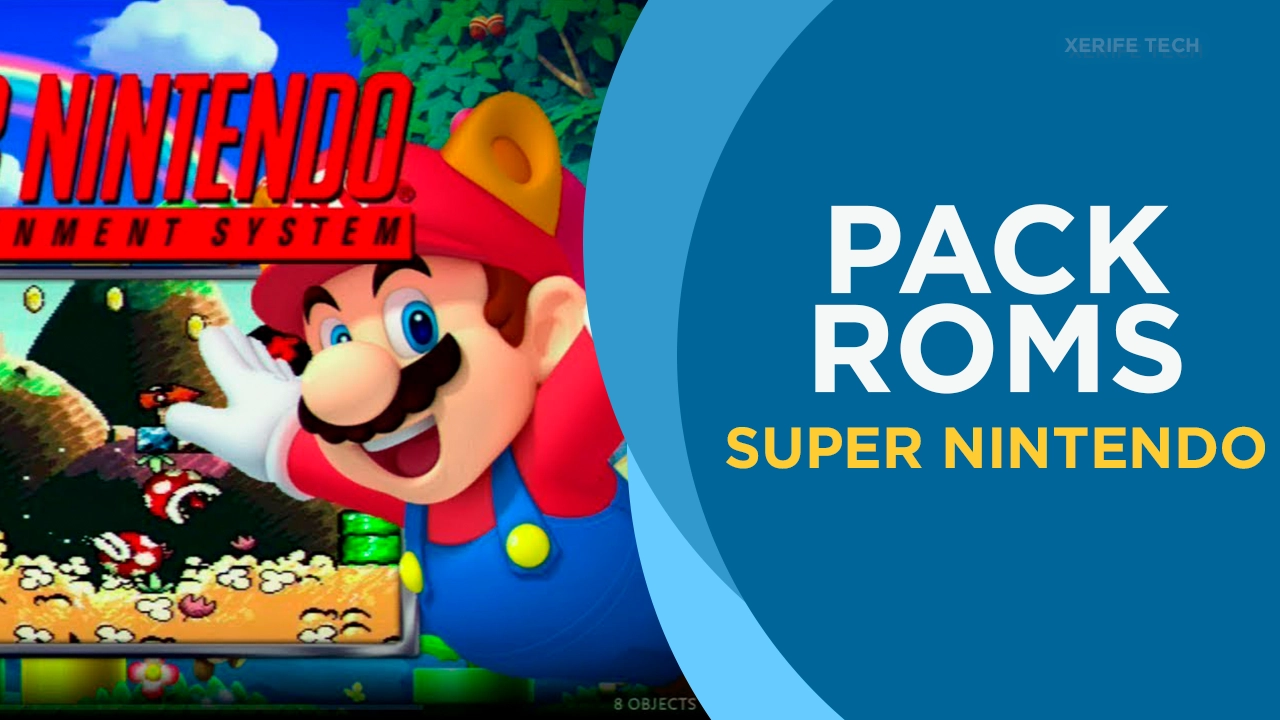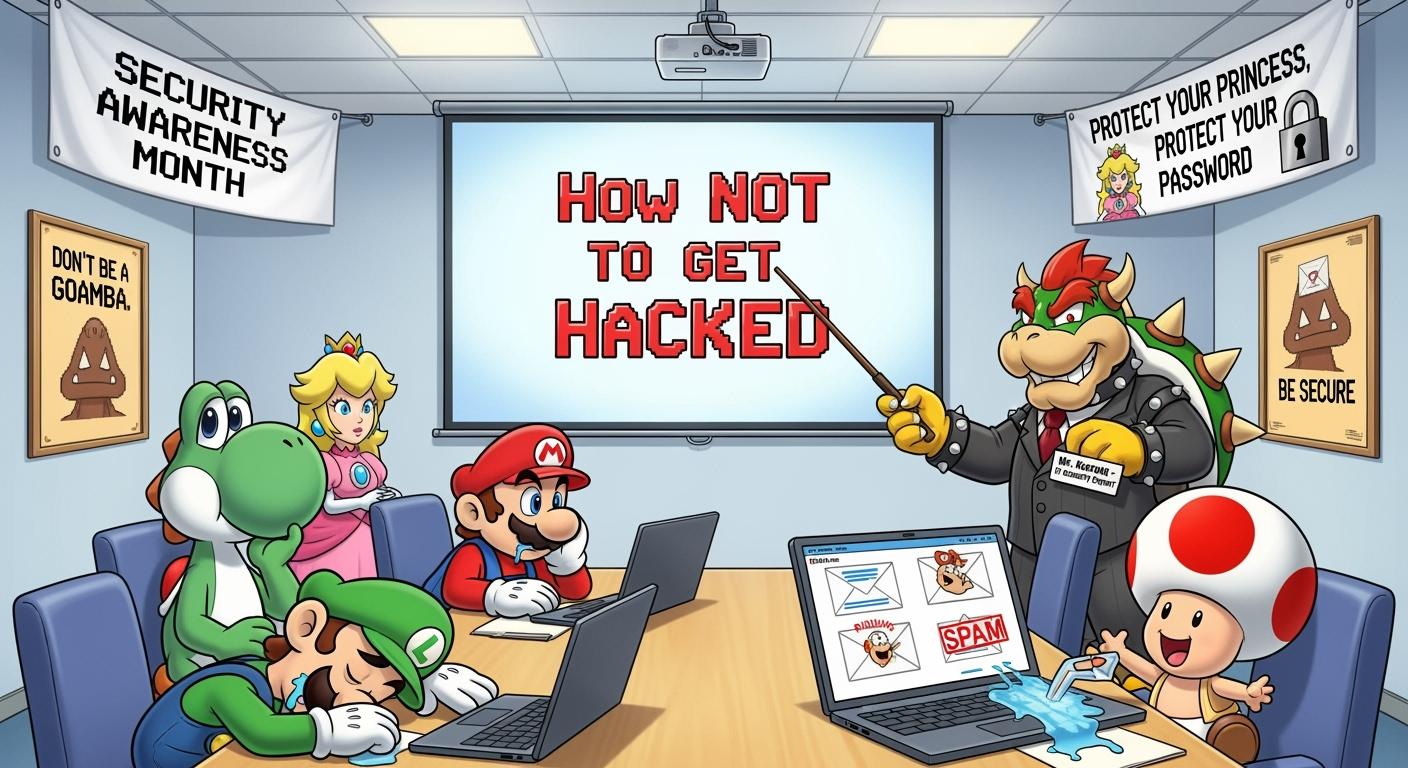Navigating the Legal Landscape of Retro Game Emulation
In recent times, the revival of classic video games through emulation has sparked a renaissance for retro gaming. This resurgence has raised important questions about the legality of emulators and ROMs. While some gamers dive into the nostalgia-fueled world of emulation with abandon, others hesitate, wary of potential legal consequences. Here, we provide a comprehensive look at the legalities of emulation, informed by past court rulings and current copyright law.
(HEY YOU!! We hope you enjoy! We try not to run ads. So basically, this is a very expensive hobby running this site. Please consider joining us for updates, forums, and more. Network w/ us to make some cash or friends while retro gaming, and you can win some free retro games for posting. Okay, carry on 👍)
You are allowed to create a digital copy, or ROM, of a video game that you have legally purchased, solely for your own personal use. This means that if you own a physical cartridge or disc, you may have the right to create a backup ROM for archival purposes, preservation, or gameplay on emulators, as long as the backup is not distributed, shared, or sold. This is often considered fair use—a legal doctrine allowing limited use of copyrighted material without permission from the rights holder. PERIOD.
Understanding Emulation: A Legal Overview
At its core, emulation is not a practice shrouded in illegality. Emulators themselves are legal software that replicate the functionality of old gaming consoles, allowing games designed for hardware that may no longer be commercially available or functional to run on modern systems. This was confirmed in the legal battle of Sony Corporation of America v. Connectix Corporation, where the courts ruled that the emulator “Bleem!” was a legitimate product. This decision reinforced the notion that emulation, in itself, does not infringe on copyright laws.
ROMs: The Fine Line of Legality
 The legality of ROMs, which are files containing a copy of the game’s data, is more complex. Legally speaking, creating a ROM from a game you have purchased is within your rights for personal use. This is akin to making a digital backup, much as you might back up a computer’s hard drive to safeguard its contents. However, the legal waters are muddied when one considers the act of downloading ROMs from the internet. Even if you have purchased the physical game, downloading a ROM created by someone else is considered a violation of copyright law.
The legality of ROMs, which are files containing a copy of the game’s data, is more complex. Legally speaking, creating a ROM from a game you have purchased is within your rights for personal use. This is akin to making a digital backup, much as you might back up a computer’s hard drive to safeguard its contents. However, the legal waters are muddied when one considers the act of downloading ROMs from the internet. Even if you have purchased the physical game, downloading a ROM created by someone else is considered a violation of copyright law.
The Precedent-Setting Sony vs. Bleem Trial
The case between Sony and Bleem was a turning point for the emulation community. Sony, the maker of the PlayStation console, took legal action against Connectix, the creator of the PlayStation emulator Bleem, arguing that it infringed on their intellectual property. However, the courts disagreed, setting a precedent that emulation software, as a technology, was lawful. This landmark decision has provided a shield for the emulation community but does not extend to the unauthorized distribution or downloading of copyrighted game ROMs.
Emulators and Gamers’ Rights
What does this mean for the average gamer? Simply put, gamers can legally enjoy their favorite retro games using emulators, provided they are playing copies of games they have legally purchased and own. This practice not only allows for the preservation of gaming history but also supports the principle that consumers have the right to enjoy content they’ve bought in formats that suit their current technology.
ROM dumping
ROM dumping tools are specialized software and hardware used to extract a copy of a game from its original cartridge or disc, effectively creating a ROM file that can be used on emulators. Some popular tools for this purpose include the Retrode, which can be used for various cartridge-based systems such as the SNES and Genesis, and software like ImgBurn for optical disc-based systems. Users typically need to connect the physical media to a device capable of reading it, such as a cartridge reader for game cartridges or a computer’s disc drive for CDs and DVDs.
It’s important to remember that using these tools should be for creating backups of games you legally own and not for distributing or downloading copyrighted material. For more information on these tools, you can visit the Retrode official website for cartridge-based game backups and the ImgBurn website for disc-based game backups. Always ensure that your use of ROM dumping tools complies with the legal restrictions in your region.
The Corporate Perspective and Protection of Intellectual Property
While the emulation of gaming hardware may be legal, the stance of gaming giants like Sony, Sega, and Nintendo remains understandably protective when it comes to their games. These companies have a legal right to enforce their copyrights, and they often take action against websites that illegally distribute ROMs of their games without permission. It’s a balancing act between the companies’ rights to protect their intellectual property and the rights of gamers to preserve and enjoy the content they legally own.
The Ethical Considerations in Game Preservation
The debate surrounding emulation is not solely a legal one; it also encompasses the ethics of game preservation. As video games become an increasingly recognized part of our cultural heritage, the role of emulators in preserving games becomes crucial. The question arises: how do we respect copyright laws while also ensuring that future generations have access to the full spectrum of gaming history, including titles that are no longer commercially available?
The Future of Emulation
Looking ahead, the legal framework surrounding emulation may evolve as technology and the ways we interact with media continue to change. For now, the emulation community operates within a well-defined legal space, with the Sony vs. Bleem case serving as a critical reference point. Emulators will likely continue to grow in popularity as tools for both gaming enjoyment and preservation.
Conclusion
In summary, the world of retro game emulation is one that can be navigated legally and ethically. Emulators are a legal technology that enable gamers to engage with their favorite classic titles on modern hardware. The creation of ROMs for personal use from games you own is also legal. However, downloading or distributing ROMs without permission remains against copyright law. As we continue to appreciate and preserve the history of gaming, it is essential to maintain a dialogue about the legal and ethical implications of emulation and the importance of respecting the intellectual property rights of game developers and publishers.
For those passionate about gaming’s past and committed to its preservation, emulation offers a legal pathway to relive and safeguard the experiences that have shaped the landscape of interactive entertainment. With a responsible approach to emulation and ROM usage, the gaming community can enjoy the rich tapestry of gaming history while honoring the legal bounds that protect the industry’s creative works.
Now on to the good stuff….
 Retro Replay Retro Replay gaming reviews, news, emulation, geek stuff and more!
Retro Replay Retro Replay gaming reviews, news, emulation, geek stuff and more!






